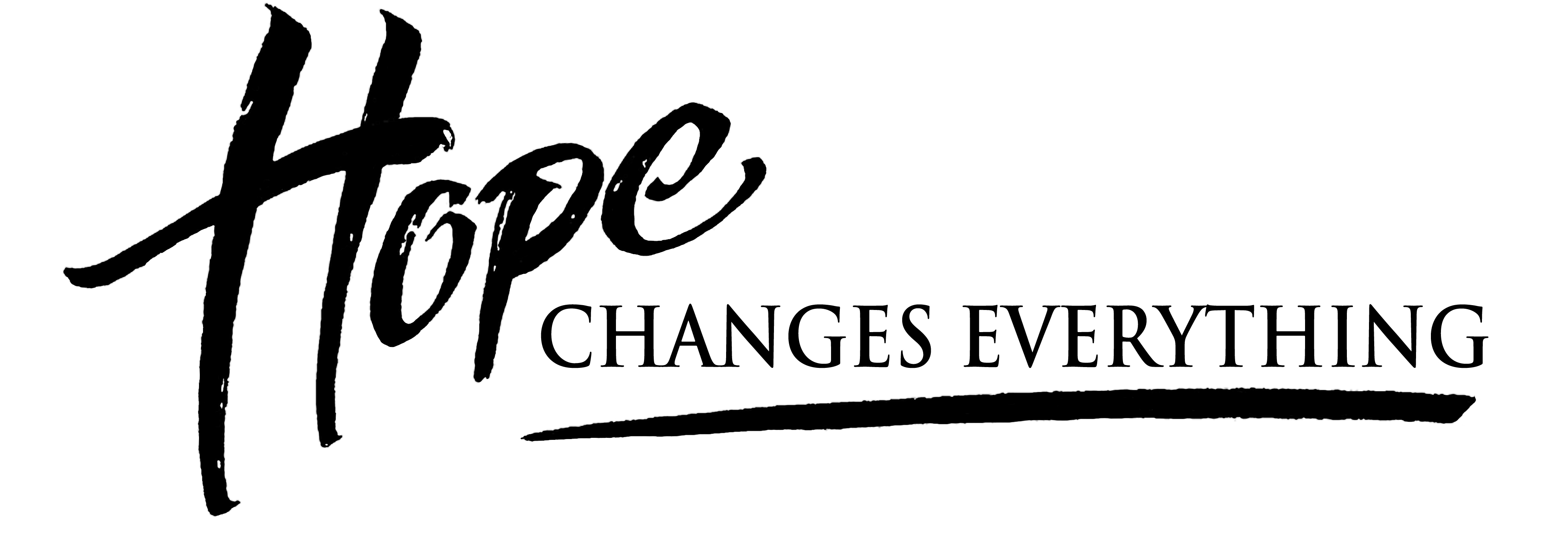The challenges of recovery from addiction are many, yet people do it every day.

September is National Recovery Month. While the term “recovery” can be applied to getting better or improving with regard to a
When you’re finished changing, you’re finished. – Benjamin Franklin
September is National Recovery Month. While the term “recovery” can be applied to getting better or improving with regard to a wide range of conditions, it is most commonly associated with overcoming addiction to alcohol and other drugs. In this context, recovery is generally thought of as becoming abstinent from these substances. However, the process of recovery goes far beyond abstinence.
The US Substance Abuse and Mental Health Services Administration (SAMHSA), has defined recovery from both substance use disorders and mental disorders as: “A process of change through which individuals improve their health and wellness, live a self-directed life, and strive to reach their full potential.”
Beyond abstinence, recovery involves:
- Participating in life activities that are healthy and meaningful, based on your needs, interests, and values;
- Making changes in how you relate to your thoughts and emotions—especially those that are uncomfortable and painful;
- Discovering and developing parts of yourself of which you had been unaware, and rediscovering those parts of yourself that were buried beneath the rubble of active addiction;
- Developing new patterns of living with conscious awareness, and moving toward mental, emotional, physical, and spiritual balance.
To complement the above definition, SAMHSA published 10 Guiding Principles of Recovery, two of which I’ll highlight here. Recovery occurs via many pathways. It is not a one size fits all process—far from it, in fact. While people seeking recovery tend to share certain common experiences and needs, every individual has particular capacities, coping abilities, resources, strengths, interests, goals, culture, and background. These influence and help to determine the most effective pathway(s) of recovery for each person. Recovery pathways can include mutual-aid groups; professional clinical treatment; strategic use of medications; support from families and friends, and faith-based resources, among other approaches.
Life takes its toll on all of us, and everyone, whether or not they struggle with addiction, chronic pain, or any other serious condition, sustains a certain degree of damage along the way. Recovery provides a pathway to heal from that damage and become stronger, just as broken bones can become stronger after they heal than they were before.
Early in my clinical training, I was surprised to hear even extremely experienced and skilled therapists say straightforwardly that there were times when they had no clear idea “what was happening in the room.” In other words, in those moments they were confused and unsure about what was going on in their therapy with a given client. However, if they hung in there, exercising patience while continuing to be present-centered and emotionally available, the issues would clarify and they would find their way back to being in sync with the therapeutic process.
Assembling the pieces that sustain recovery and nurture a life of meaning, contentment, and value is a continuous process. It requires identifying and gathering the necessary pieces, seeing how they fit together, and often reconfiguring them—replacing some pieces with others and rearranging them to create the most functional and healthy fit. This fit is individualized; what fits beautifully for one person may not be a great fit for another, and vice-versa. Sometimes we put the pieces together and they work well for a time. After being in place for a while they may not work so well, and we need to seek out new pieces or a different configuration that fits and works better for us.
When I was the clinical director of a hospital-based addiction treatment program in Rockland County, NY, for five years during the 1990s, I worked closely with the program’s medical director. He was a psychiatrist who was in recovery for quite a few years through a twelve-step program, although he rarely made mention of it.
At one of the many professional conferences on addiction that I attended, he gave a talk that focused on his personal recovery experience. During a powerful and moving presentation, he described being grateful to be an alcoholic. He went on to say that, in contrast to most people who operate more or less on automatic pilot and effectively sleepwalk through life, embarking on a process of recovery had given him the awareness to live life much more intentionally. As a result, he took little for granted and appreciated much. Although his reasoning made sense, it was difficult for me to wrap my mind (never mind my heart) around the idea of having such profound gratitude for being an addict . . . until I found the way to my own recovery.



